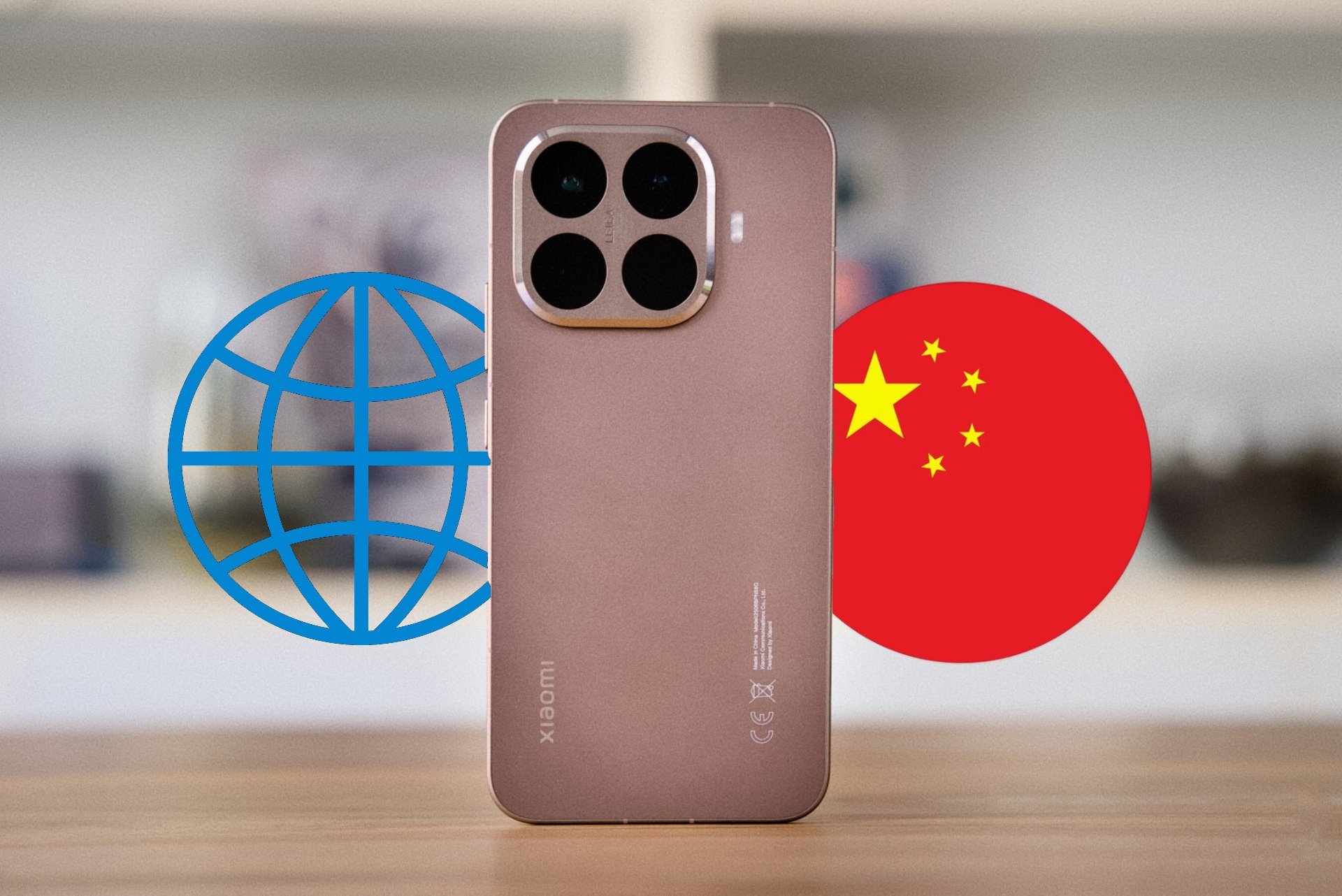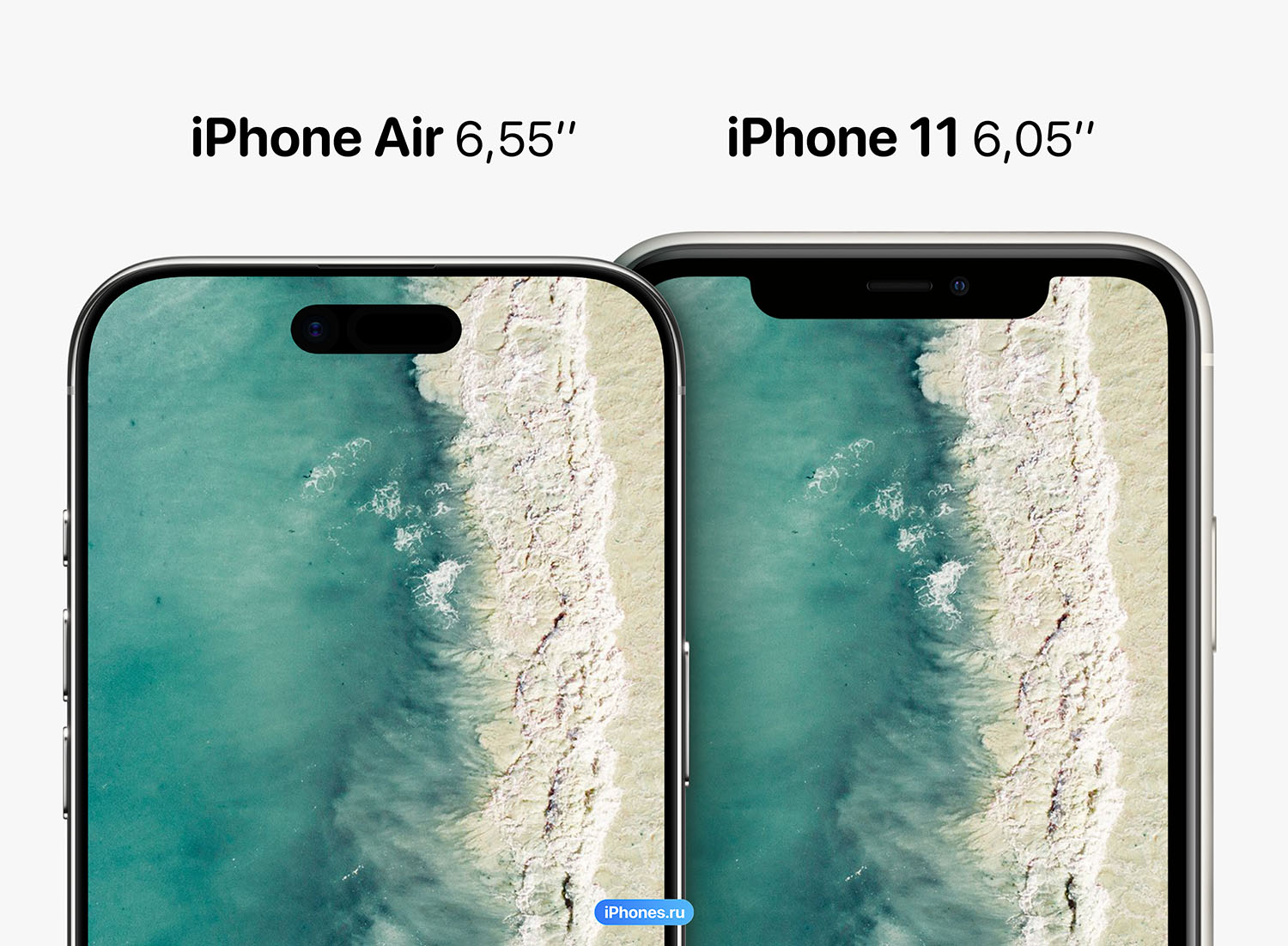Therefore, 81% of survey respondents mistakenly believe that interaction with a device is required for malware to infiltrate it. However, recent targeted attacks such as Operation Triangulation affecting iOS users prove otherwise: The attack began when a person received a “hidden iMessage containing a zero-click exploit attachment.” The attackers did not require the victim to take any action to install the malware.
Another debunked myth is about software updates: 52% believe they are only needed to gain access to new features rather than critical security improvements. Kaspersky emphasizes that regular updates are vital in combating evolving threats.
Moreover, 41% of respondents mistakenly believe that a new smartphone purchased directly from a store is free of malware. Cases such as the Dwphon Trojan infiltrating devices before sale challenge this view and highlight vulnerabilities in supply chains.
Finally, misconceptions about platform security persist: 35% of users prefer iOS to Android, but both operating systems are exposed to similar risks.
Experts emphasize the importance of user actions and cybersecurity awareness to mitigate these threats.
RuStore / Kaspersky Lab
Source: Ferra
I am a professional journalist and content creator with extensive experience writing for news websites. I currently work as an author at Gadget Onus, where I specialize in covering hot news topics. My written pieces have been published on some of the biggest media outlets around the world, including The Guardian and BBC News.












